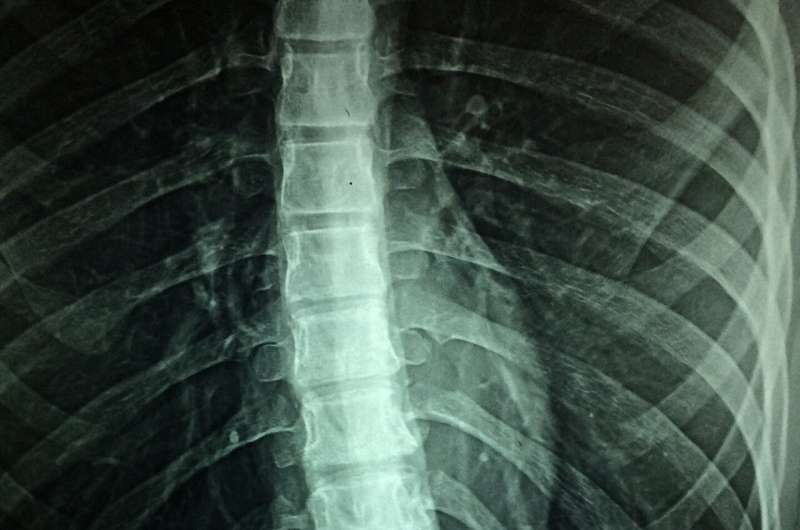
Researchers at the University of Cologne and University Hospital Cologne have determined that the novel mRNA-based COVID-19 vaccines not only induce acquired immune responses such as antibody production, but also cause persistent epigenetic changes in innate immune cells.
The study, “Persistent epigenetic memory of SARS-CoV-2 mRNA vaccination in monocyte-derived macrophages,” led by Professor Dr. Jan Rybniker, who heads the Division of Infectious Diseases at University Hospital Cologne and is a principal investigator at the Center for Molecular Medicine Cologne (CMMC), and Dr...
Read More









Recent Comments